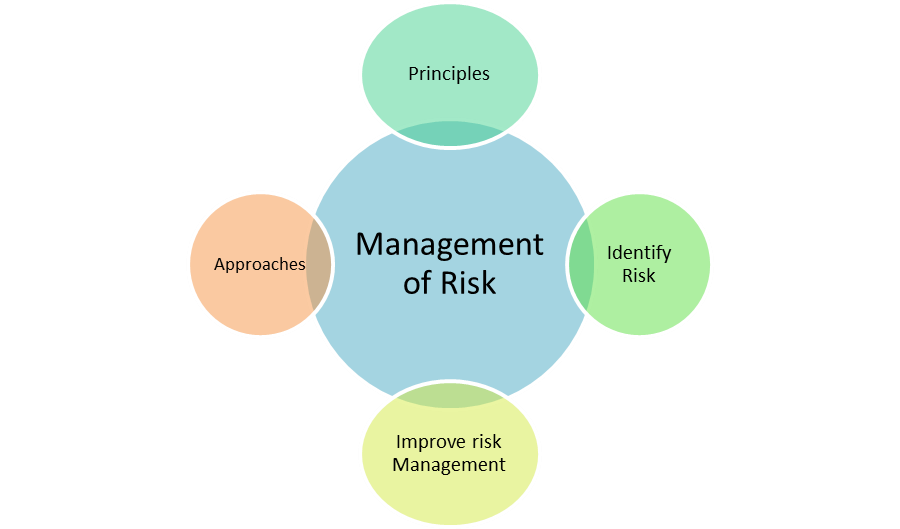Plymouth
Plymouth is a city located on the south coast of Devon, England. Plymouth is 37 miles south-west of Exeter and 190 miles west south- west of London between river Plym and Tamar's mouths.
Throughout Industrial Revolution, Plymouth grew as commercial shipping port handling imports and passengers from America. Plymouth port also export local minerals like copper, lime, china, clay, tin and arsenic. Neighbouring town Devonport became Royal Naval Shipbuilding and dockyard town. In 1928 Plymouth achieved city status. In mid-2015, the city is home to 262,700 which makes it 30th most populous area in the United Kingdom. Plymouth is the second largest in Southwest after Bristol. Plymouth City Council governs Plymouth, and it is represented by three MP’s. The economy of Plymouth is influenced by seafaring and shipbuilding including ferry links to Spain and Brittany. In Western Europe large operational naval base HMNB Devonport is located. Plymouth is home to Plymouth University.
History
Plymouth had a population of 107,000 in the year 1901. In 1914 the two towns Devonport and Stonehouse were merged with Plymouth. Slum clearance started in Plymouth after World War 1. Slum housing was stopped and replaced by council housing in Swilly and New Prospect. By 1928, new 802 houses were built. In 1920 motor buses started in Plymouth and then got replaced by trams. Due to dockyard in Second World War Plymouth was a prime target for bombing. Around 3754 houses were damaged, and more than 8000 were severely damaged. Later slums were replaced with better flats and houses. Later in the 20th century, various houses were built at South way and Egg Buckland. In Plympton and Plymstock many private houses have been constructed. In the 21st century, Plymouth is flourishing. Drakes Circus shopping was remade in 2006, and now the population of Plymouth is 240,000.
Education
The University of Plymouth has enrolled around 23,155 students as of 2015 and 2016. It has 3000 staff and income of around £160 million. Main courses in it include business, marine biology, marine engineering, shipping and much more. The University of St Mark and St John was also known as Marjon or Marjons have expertise in teacher training. These universities offer various training courses across the country as well as abroad. This city is also home to two other large colleges. City College of Plymouth provides courses from basic to foundation degree for various students. Plymouth College of Art offers courses on media. It is only one of the four independent colleges of art and design in the UK.
There are 71 state primary phase schools in Plymouth and 13 state secondary schools. Plymouth has eight special schools, three selective state grammar schools and independent school.
This city is also home to Royal Naval Engineering College that was opened in 1880 in Keyham. It was renamed Dockyard Technical College in 1959. Later training was shifted to the University of Southampton. Marine Biological Association of UK is also located in Plymouth.

 ENQUIRE
ENQUIRE
 REQUEST CALLBACK
REQUEST CALLBACK
 GET A FREE QUOTE
GET A FREE QUOTE


 Introduction
Introduction Course Details
Course Details Course Content
Course Content






 London
London